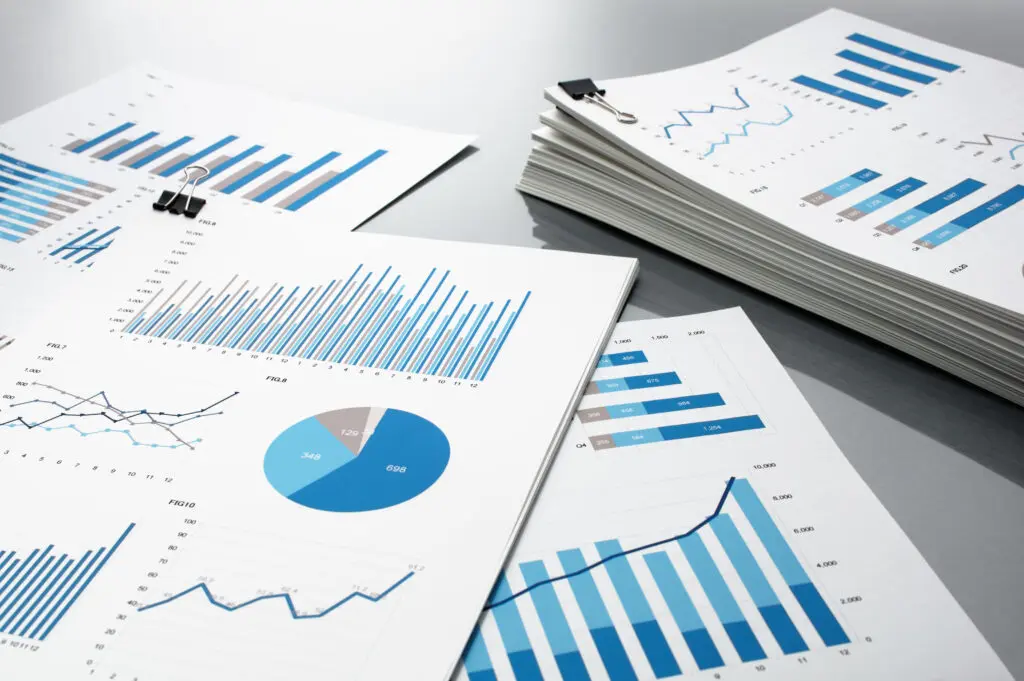Understanding the Corporate Sustainable Reporting Directive (CSRD): Current Landscape
While the CSRD is being revised, Cristina Marques provides insights to better understand the evolving framework.
The Green Deal, launched by the European Union in December 2019, is a comprehensive strategy aimed at making Europe a key player in the fight against climate change. It mobilizes all economic agents—producers, consumers, public officials, and investors—to reassess human activities, measure their impact, and implement the most effective and lasting solutions to environmental challenges. Several Green Deal related policies have already gone into effect, covering such sectors as energy, transport, industry, and biodiversity, amongst others.
Sustainable finance is not left out. Its framework requires companies to publish sustainability reports, including the release of accurate environmental, social and governance (ESG) data.
Ultimately, the mission of sustainable finance is to:
- Ensure that the financial sector redirects funding towards sustainable investments
- Provide stakeholders with easier access to sustainable financing.
- Encourage producers to review their operational processes and supply chains to improve efficiency and sustainability.
To facilitate this, the European Commission introduced tools such as the Corporate Sustainability Reporting Directive (CSRD).
What is it?
The CSRD, subject to external verification, is designed to provide a broader view of a company’s operations, covering both the company’s ESG positive and negative externalities and the financial costs incurred.
This dual approach—known as the principle of double materiality—requires companies to disclose the impacts of their operations on people and the environment as well as the financial repercussions, also in relation to climate change. As to the latter, companies will have to quantify and qualify the broad impact their activities have on the climate, the physical and business-related climate risks weighing on the companies themselves, and the response each organisation must implement to mitigate those issues.
To ensure data comparability, relevance, and reliability, 12 European Sustainability Reporting Standards (ESRS) have been developed, on which the companies can report, subject to their Double Materiality analysis (i.e. if deemed relevant). These standards address key topics such as pollution, water usage, biodiversity, circular economy, workforce, and community impact, to name just a few.
The Reporting Perspective
For many companies, complying with Green Deal regulations can be overwhelming, seen as a formidable journey but fraught with obstacles, some more difficult than others. For example, decarbonizing operations and reporting on pollution, water consumption, value chain issues and all other relevant indicators will likely require a significant upgrade of one’s current procedures, particularly for those industries not established on European soil, unless they had already engaged voluntarily on this path by validating their approach with such frameworks as ResponsibleSteel™ or CDP.
Some industries are already struggling with the amount of information needed to power reporting, especially when the data is owned by third international parties, in today’s worldwide context. The initial process of collecting and analyzing data can be a major challenge for any business, regardless of its size or sector.
At the same time, companies must assess, select, and make substantial investments in the right technologies to decarbonize their operations when almost every innovation promises to be the perfect fit or when plans need to be urgently reassessed because someone just presented the latest innovation, the real technological breakthrough, throwing all other solutions to the wayside.

For most businesses, the climate transition requires developing new strategies, acquiring new skills, and adopting an entirely different mindset. This shift demands significant time, human resources, and financial investment—commitments that some companies cannot afford overnight. These challenges are exacerbated by years of economic uncertainty, rising energy costs, heavy subsidies, and increasing trade barriers, while the top priority remains financing the decarbonization of core operations.
Given these challenges, it is unsurprising that, according to Ecovadis, only 22% of over 100 surveyed companies feel fully prepared to meet upcoming regulations such as the Corporate Sustainability Reporting Directive (CSRD).
Addressing Business Challenges
To ease the transition, the Omnibus Package—a recent EU legislative initiative aimed at reducing administrative burdens—requires that only large companies with more than 1,000 employees (and either a turnover exceeding €50 million or a balance sheet total above €25 million) have to report under the CSRD.
These companies will report in compliance with the ESRS relevant with their Double Materiality, which will be revised and simplified according to the latest European Commission release. For all, the objective is to create a systemic and constructive effect throughout the value chain, ensuring readiness while reducing the number of companies subject to mandatory reporting by approximately 80%, primarily benefiting SMEs.
We, at Aperam, are convinced that transparency, learning, planning, and sharing knowledge and best practices will make this journey easier and more efficient for everyone – showing that when we work together, we can solve more issues and have an even bigger impact.
Sources:
- https://www.consilium.europa.eu/en/policies/green-deal/
- https://finance.ec.europa.eu/capital-markets-union-and-financial-markets/company-reporting-and-auditing/company-reporting/corporate-sustainability-reporting_en
- https://www.compta-online.com/directive-csrd-cncc-ao7635
- https://www.novethic.fr/lexique/detail/directive-csrd.html
- https://resources.ecovadis.com/blog/three-unique-value-chain-requirements-of-the-csrd-and-what-they-mean-for-your-sustainable-procurement-program
- https://ec.europa.eu/commission/presscorner/detail/da/qanda_25_615
- https://ec.europa.eu/commission/presscorner/api/files/document/print/en/ip_25_614/IP_25_614_EN.pdf


 1,93%
1,93%